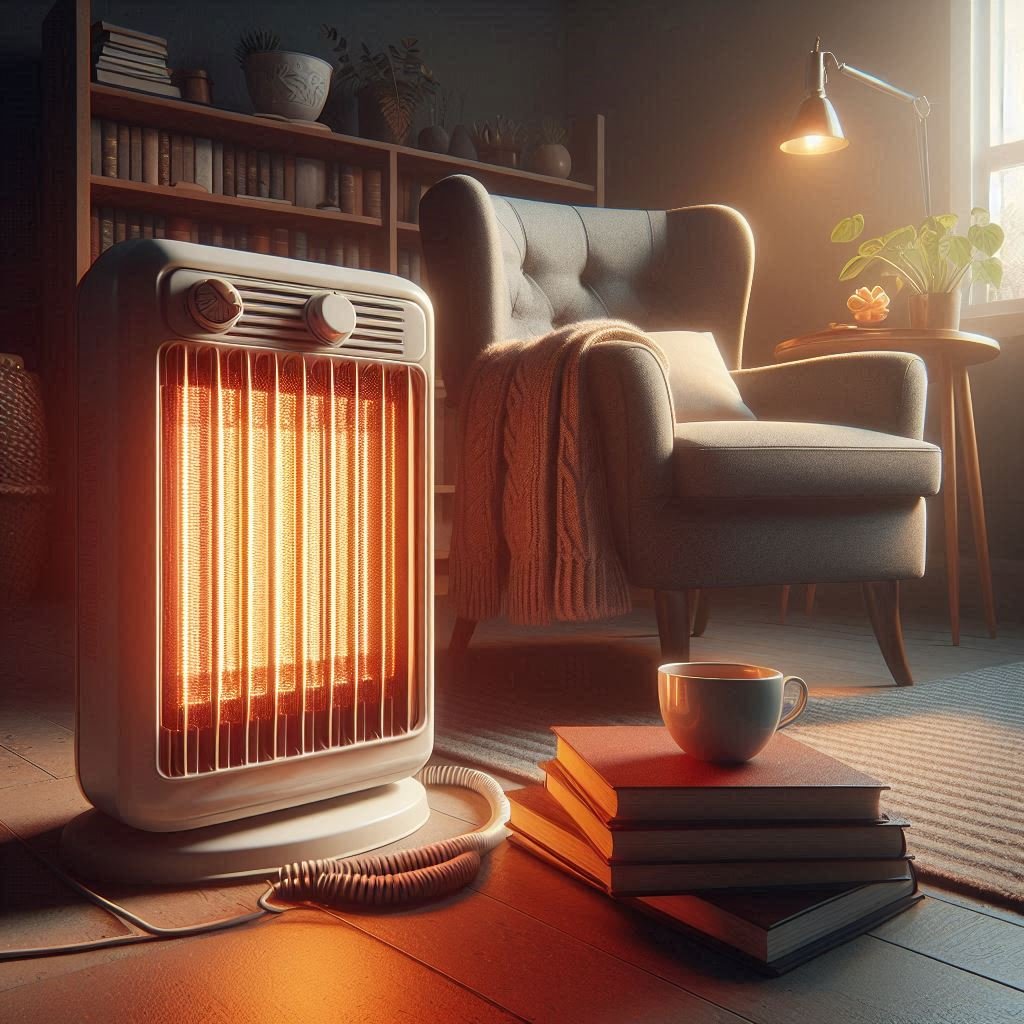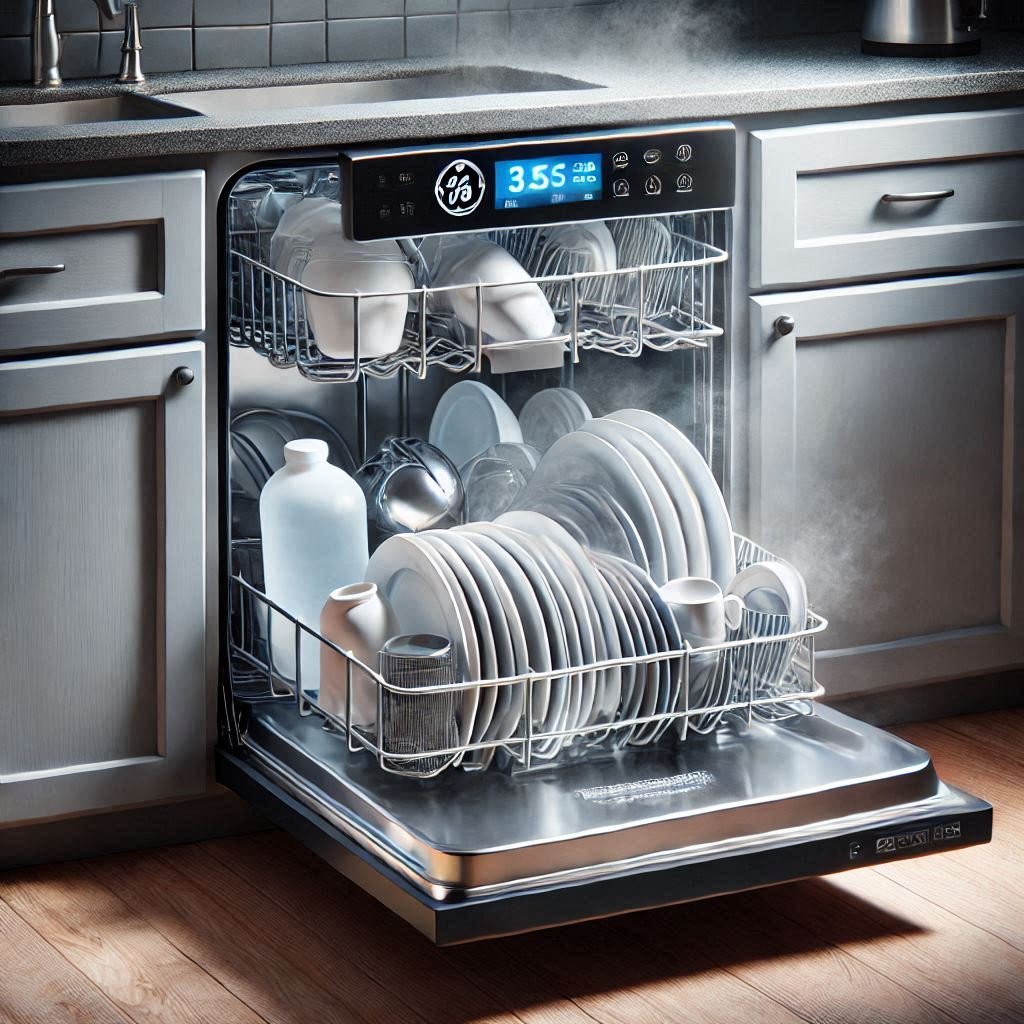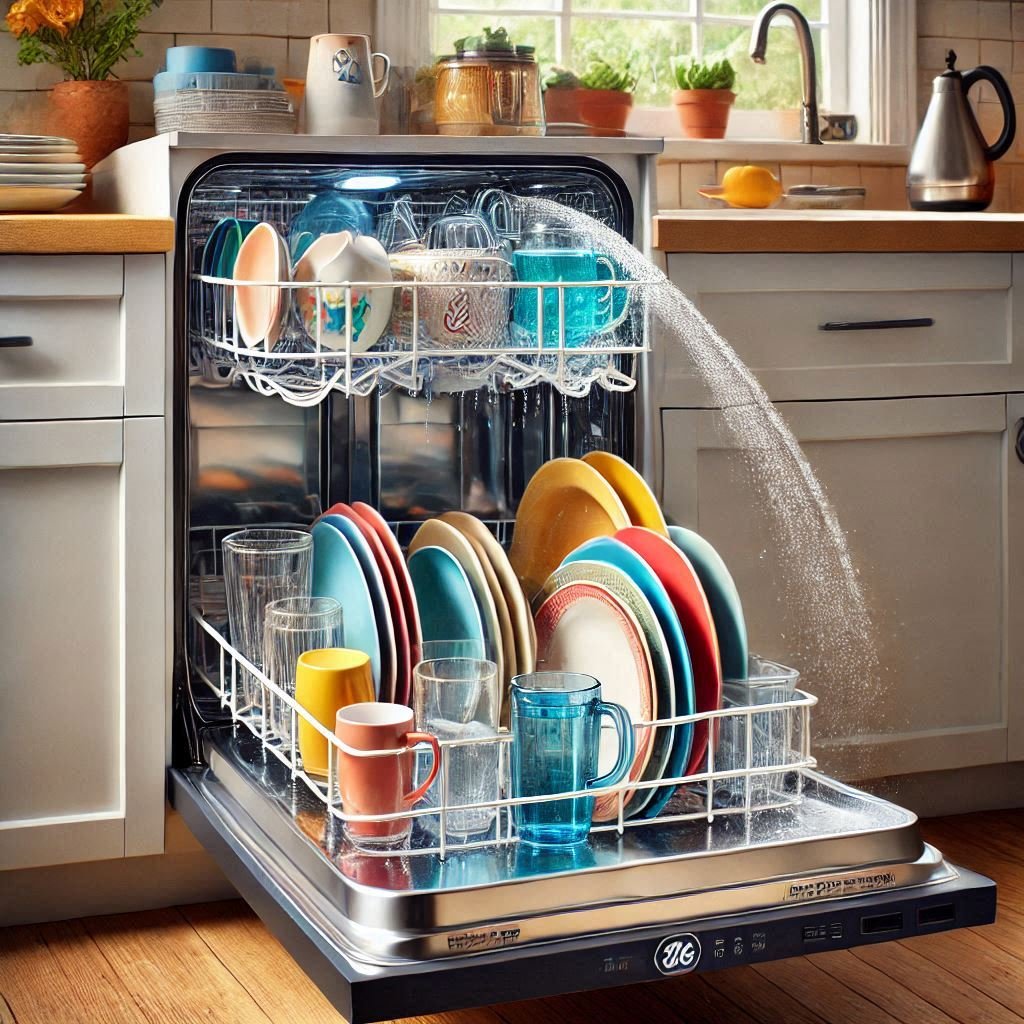As winter sets in, many of us turn to electric room heaters for a cozy and warm environment. But a question that often comes to mind is: Are electric room heaters a fire hazard? This concern is not unfounded, given the potential risks associated with any electrical appliance. In this blog, I’ll delve into the safety aspects of electric room heaters, provide tips on how to use them safely, and explore whether they pose a significant fire hazard.

Table of Contents
Electric Room Heaters: What You Need to Know
Electric room heaters come in various forms, including fan heaters, convection heaters, and radiant heaters. Each type operates differently but serves the same purpose: to provide localized warmth. Fan heaters use a fan to blow air over a heating element, while convection heaters use the natural rise of warm air. Radiant heaters, on the other hand, emit infrared radiation that directly heats objects and people in its path.
Common Causes of Heater-Related Fires
It’s important to acknowledge that electric room heaters have been linked to fires in some instances. Here are the common causes:
- Overheating: When a heater runs for an extended period, it can overheat and ignite nearby combustible materials.
- Electrical Faults: Faulty wiring or damaged cords can lead to electrical fires.
- Proximity to Flammable Materials: Heaters placed too close to curtains, furniture, or bedding can cause these items to catch fire.
- Poor Maintenance: Dust accumulation and lack of regular inspection can increase the risk of malfunction and fire.
Safety Tips for Using Electric Room Heaters
While the risks are real, following safety precautions can significantly reduce the likelihood of a fire hazard:
- Keep Heaters Away from Flammable Objects: Ensure at least a three-foot distance from flammable materials like curtains, furniture, and bedding.
- Do Not Leave Heaters Unattended: Turn off the heater when leaving the room or going to sleep.
- Use Modern Heaters with Safety Features: Opt for heaters with features like tip-over switches and overheat protection.
- Regular Inspection and Maintenance: Check cords for damage, clean filters, and dust the heater regularly.
- Follow Manufacturer’s Instructions: Adhere to the guidelines provided in the heater’s user manual.
Comparisons: Different Types of Heaters
To help you choose the safest option, here’s a quick comparison of different types of electric room heaters:
| Heater Type | Safety Features | Best Practices |
|---|---|---|
| Fan Heaters | Tip-over switch, overheat protection | Keep away from water and flammable materials |
| Convection Heaters | Overheat protection | Ensure proper ventilation |
| Radiant Heaters | Cool-to-touch exterior, timer | Place in open areas, avoid direct contact |
Real-Life Incidents and Statistics
Statistics reveal that space heaters are responsible for a significant percentage of home heating fires. According to the National Fire Protection Association (NFPA), space heaters account for 44% of home heating fires and 81% of home heating fire deaths. These numbers highlight the importance of using electric room heaters responsibly.
Bottom Line
To directly address the question: Are electric room heaters a fire hazard? The answer is yes, but with a caveat. Like any electrical appliance, electric room heaters can pose a fire hazard if not used correctly. However, by following safety guidelines and opting for heaters with modern safety features, the risks can be minimized. It’s crucial to remain vigilant and educated about the potential dangers and the best practices to ensure a safe and warm home environment.




Leave a Reply